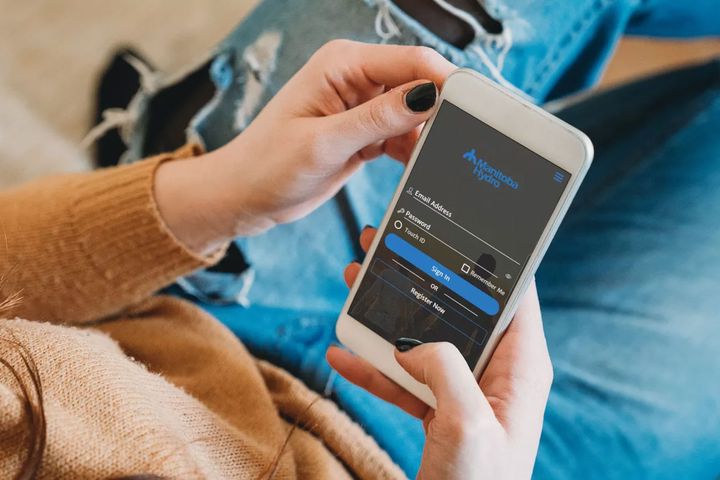Keeping Our Language Strong: Now and Into Future was this year’s theme for Manitoba Hydro’s Indigenous Awareness Week (IAW) which celebrated and shared Manitoba’s seven Indigenous languages – a topic that has been embraced worldwide to counter historical campaigns that aimed to extinguish Indigenous languages by criminalizing their use.
“Despite the importance of Indigenous languages, they are in danger of disappearing in Canada,” said Maria M’Lot, Indigenous & Community Relations, Manitoba Hydro. “It is important to preserve and promote these languages as they strengthen a sense of identity and belonging in everyday life.
“For IAW, we showcased approaches and efforts being made in Manitoba to recover, reclaim, maintain and normalize Indigenous languages as a key element in the reconciliation journey.”
Within Canada, Indigenous languages have been severely impacted by colonialism, the Indian Act, the Residential School System, the Sixties Scoop, and the intergenerational trauma that continues from these acts.
“Much attention is being given to revitalizing Indigenous languages around the world,” said Maria. “The state of Indigenous languages is such concern that UNESCO declared 2019 The Year of Indigenous Languages. Here in Canada, a week after the Year of Indigenous Languages was launched, the federal government tabled the Indigenous Languages Act, which received royal assent in June 2019, that was one of the 2015 Truth and Reconciliation Commission’s Calls to Action relating to language.”

Manitoba’s seven Indigenous languages.
Annually, IAW is recognized in Canada from May 21 to 25 as an opportunity to raise awareness about and honour Indigenous First Nation, Métis and Inuit cultures. First introduced in 1992 to increase awareness of Indigenous peoples within the federal public service, it has since evolved into a broader celebration across Canada.
Within Manitoba Hydro, our IAW celebrations were expanded into weekly virtual events for May and June leading up to National Indigenous Peoples Day (recognized on June 21 in Canada) to best reach and give our 4,900 employees an opportunity to participate.
“Gaining understanding or appreciation about Indigenous culture and history is important for all of us,” said Jeff Betker, Manitoba Hydro’s Vice-President of External & Indigenous Relations and Communications. “Through our operations and presence in Indigenous communities across the province, and as one of Manitoba’s largest employers of Indigenous Peoples, we have a duty to know about our history and be respectful in our interactions.”
Manitoba Hydro will also be celebrating National Indigenous People’s Day with events and activities for employees at their corporate headquarters at 360 Portage Avenue in Winnipeg.



